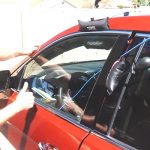Diagnostic Trouble Codes (DTCs) are codes stored by a vehicle’s onboard computer when it detects a malfunction or issue with the vehicle’s systems.
U0401-68 is a DTC that indicates a malfunction in the vehicle’s VSA brake actuator system.
These codes can be read using a diagnostic scanner and can help mechanics and technicians quickly identify and fix problems with a vehicle.
In this blog post, we will be discussing the specific DTC code U0401-68 and its implications for Honda vehicles.
This code can be set for a variety of reasons, including system failure, control unit failure, and even something as simple as disconnecting or jumping the battery.
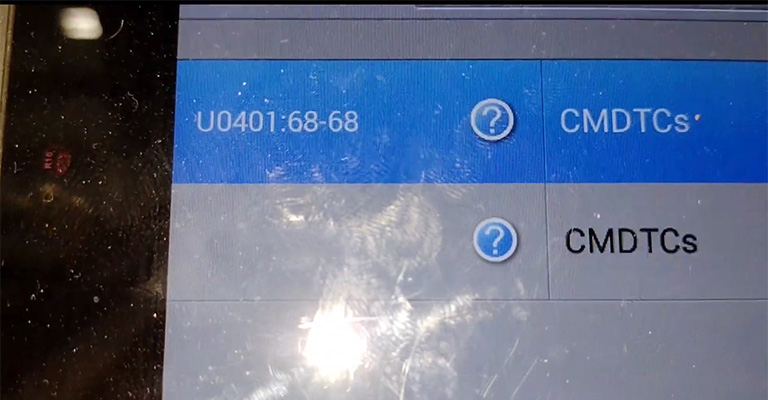
U0401 OBD-II: Invalid Data Received From ECM/PCM “A”
The U0401 code means that the ECM/PCM has received invalid data.
In an engine, the engine control module (also known as the powertrain control module) is the computer that manages the engine’s performance.
A sensor in every part of the vehicle provides input to the engine control module (ECM).
Using this information, it controls fuel injectors and coil packs that are specific to the engine’s powertrain.
CAN (Controller Area Network) is the bus used by modern vehicles to communicate between the ECM and other modules.
A serial data network is usually used when communicating between modules in older vehicles. Several factors contribute to this, including a limited number of modules in older vehicles.
It consists of two lines, CAN High and CAN Low. Data is transmitted at a rate of 500k bits per second using Can High.
Data is transmitted at 125k bits per second by CAN Low. A CAN bus terminates with two resistors.
U0401 indicates that the ECM sent invalid data to one or more modules onboard the vehicle.
Symptoms of U0401-68
The VSA error will occur every time you disconnect your battery until the car rolls 50-100 feet. Changes in the wheel speed sensor outputs determine the VSA.
Before the VSA system can operate again, the wheels need to spin a few times to reestablish the baseline comparison after the memory is cleared by unplugging the battery. It is not a big deal if you receive a VSA error.
VSA Brake Actuator Malfunction
The most obvious symptom of U0401-68 is a malfunction in the vehicle’s VSA brake actuator system.
This can manifest as problems with the vehicle’s braking system, such as decreased braking efficiency, longer braking distances, or a warning light illuminating the dashboard.
Other Potential Issues Caused by the Code
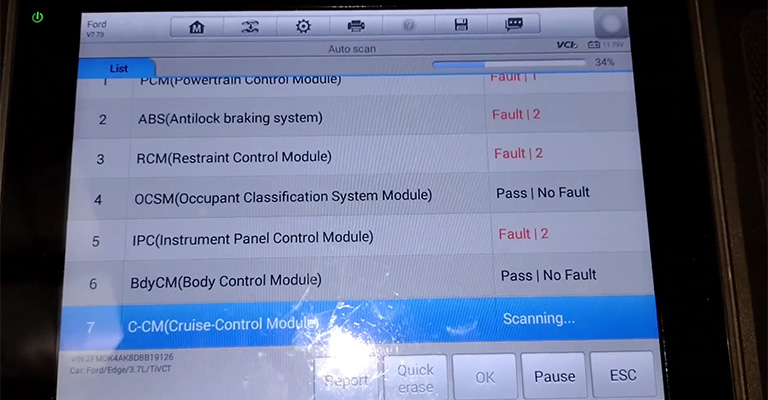
In addition to problems with the braking system, U0401-68 can also cause issues with other systems in the vehicle. For example, it may cause the VSA system to stop working entirely, resulting in a loss of stability control and traction control.
Additionally, the code may also cause the vehicle’s millimeter wave radar system to stop working correctly, which can affect features such as the lane departure warning system and the forward collision warning system.
It is also important to note that the presence of U0401-68 may also be an indication of an underlying issue with the vehicle’s braking system, as it may not be caused by the VSA brake actuator itself.
Causes of U0401-68
Some causes are explained here.
Vsa System Failure
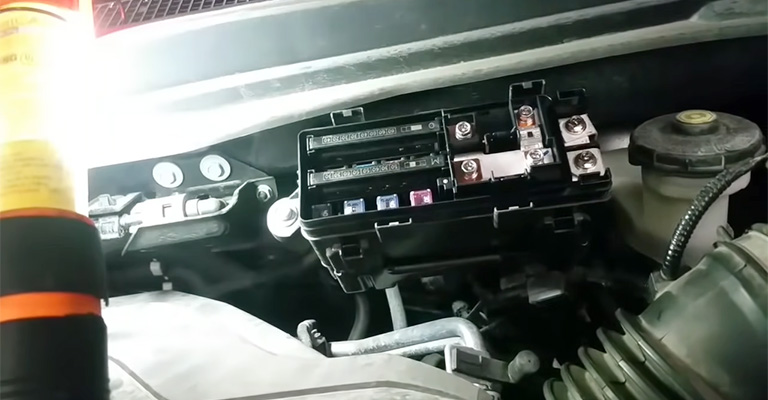
One of the most common causes of U0401-68 is a failure in the vehicle’s VSA system. This can be caused by a malfunctioning sensor or a problem with the system’s software.
Vsa Control Unit Failure
Another potential cause of U0401-68 is a failure in the control unit that manages the VSA system. This can be caused by a hardware issue or a problem with the unit’s software.
Acc Unit Failure
The ACC (Adaptive Cruise Control) unit is closely related to the VSA system and it also can cause the VSA system to malfunction, resulting in the U0401-68 code.
Battery Disconnection/jumping/replacement
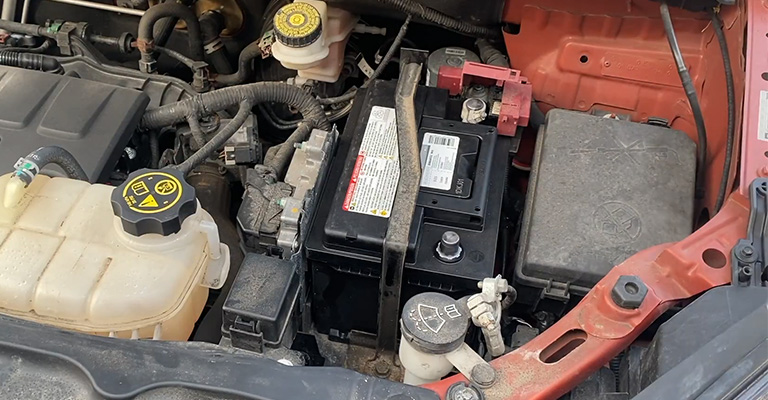
In some cases, the U0401-68 code may be set after the battery has been disconnected, jumped, or replaced. This is due to a software bug that can cause the code to set even if there is no actual problem with the VSA system or other systems in the vehicle.
It’s worth noting that these causes are not necessarily mutually exclusive, and multiple factors may contribute to the setting of this DTC.
Affected Vehicles
2017 Cr-v Models
he 2017 Honda CR-V is known to be one of the models affected by the U0401-68 code. This is due to a software bug that causes the code to set after the battery has been disconnected, jumped, or replaced.
Other Potentially Affected Vehicles
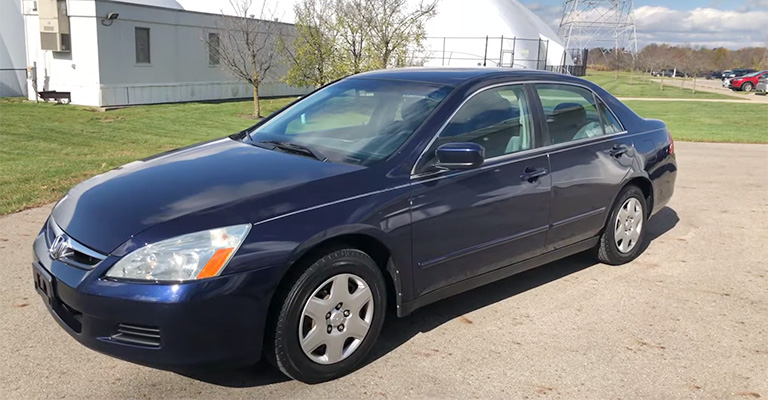
Although the issue has been reported primarily in the 2017 CR-V models, other Honda models with similar VSA systems could also be affected by this DTC code.
Owners of other Honda models should check for service bulletins or TSBs (technical service bulletins) related to this DTC and be aware of the symptoms and possible causes in case the DTC code appears in their vehicle.
It’s always recommended to check with the dealer or Honda’s customer service if you have any doubts, as they have the most accurate and up-to-date information on this matter.
Troubleshooting U0401-68
Checking for Recent Battery Disconnection/jumping/replacement
The first step in troubleshooting U0401-68 is to check if the battery has been recently disconnected, jumped, or replaced. If it has, then the code is likely due to the software bug and clearing the DTCs should resolve the issue.
Clearing the Dtcs
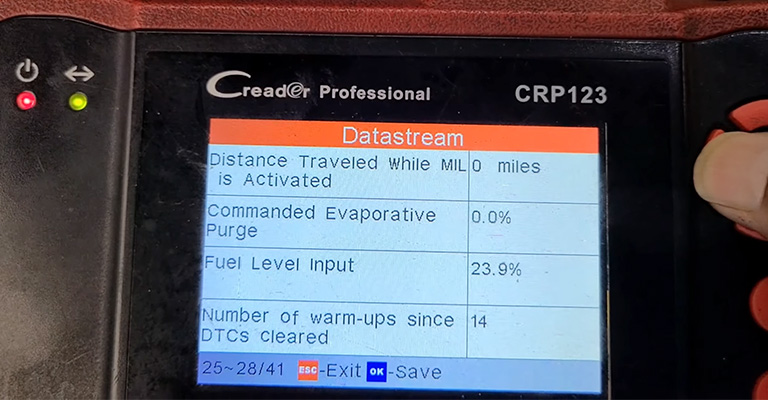
If the battery has been recently disconnected, jumped, or replaced and the DTCs have set, the next step is to clear the DTCs using a diagnostic scanner or by following the instructions in the vehicle’s owner’s manual.
Continuing With Normal System Troubleshooting
If the DTCs do not clear after the battery has been reconnected, or if the battery has not been recently disconnected, jumped, or replaced, then it is likely that there is an actual problem with the VSA system or another system in the vehicle.
In this case, it is important to continue with normal system troubleshooting procedures.
This may include checking for any related TSBs or service bulletins, inspecting and testing the VSA sensors, and checking the operation of the VSA control unit and other related systems and components.
It’s important to note that this DTC can be an indication of an underlying issue with the vehicle’s braking system, and it’s always recommended to check with the dealer or Honda’s customer service if you have any doubts, as they have the most accurate and up-to-date information on this matter.
Honda’s Response
What Honda says on this issue.
Acknowledgement of the Issue
Honda has acknowledged the issue with the U0401-68 code setting after the battery has been disconnected, jumped, or replaced. They have recognized that this is a software bug and is not indicative of an actual problem with the VSA system or other systems in the vehicle.
Plans for a Software Update
Honda is currently working on a software update to address this issue. This update will correct the software bug and prevent the U0401-68 code from setting after the battery has been disconnected, jumped, or replaced.
Service Bulletin Information
Honda has issued service bulletins and TSBs (technical service bulletins) regarding this issue and instructions on how to deal with it.
These bulletins may include information on how to clear the DTCs, how to check for recent battery disconnection/jumping/replacement, and how to continue with normal system troubleshooting.
It’s important to keep an eye on Honda’s customer service website or check with your local dealer to stay up to date on any new service bulletins or software updates related to this DTC.
It’s always recommended to check with the dealer or Honda’s customer service if you have any doubts, as they have the most accurate and up-to-date information on this matter.
Summary of Key Points
In this blog post, we discussed the DTC code U0401-68, a code that indicates a malfunction in the vehicle’s VSA brake actuator system. We looked at the symptoms, causes, and troubleshooting methods for this code, as well as Honda’s response to the issue.
Advice for Dealing With U0401-68
If you encounter this DTC code, the first step is to check if the battery has been recently disconnected, jumped, or replaced. If it has, then the code is likely due to a software bug and clearing the DTCs should resolve the issue.
If the battery has not been recently disconnected, jumped, or replaced, or if the DTCs do not clear, then it is important to continue with normal system troubleshooting procedures.
Final Thoughts
It’s important to keep in mind that U0401-68 can be an indication of an underlying issue with the vehicle’s braking system, and it’s always recommended to check with the dealer or Honda’s customer service if you have any doubts, as they have the most accurate and up-to-date information on this matter.
Additionally, owners of Honda vehicles should keep an eye out for service bulletins or TSBs related to this DTC and be aware of the symptoms and possible causes in case the DTC code appears in their vehicle.
In summary, DTC U0401-68 is a code that indicates a malfunction in the vehicle’s VSA brake actuator system, it could be caused by VSA system failure, VSA control unit failure, ACC unit failure or battery disconnection/jumping/replacement.
If you see this code, Honda advises to check if the battery has been recently disconnected, jumped, or replaced, clearing the DTCs, and continuing with normal system troubleshooting.


